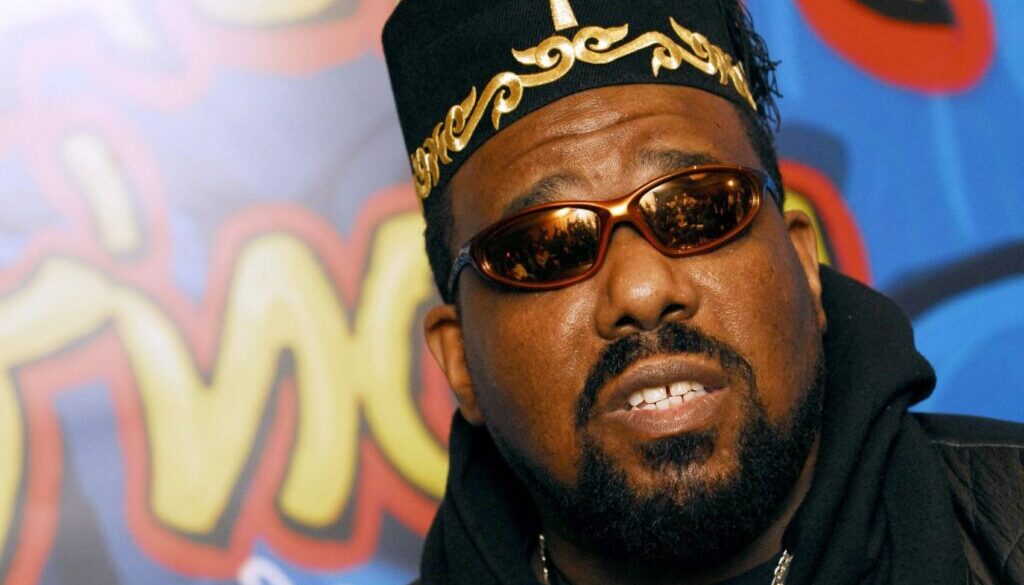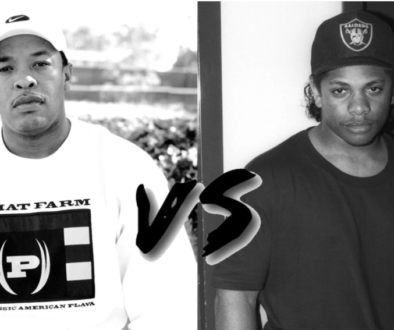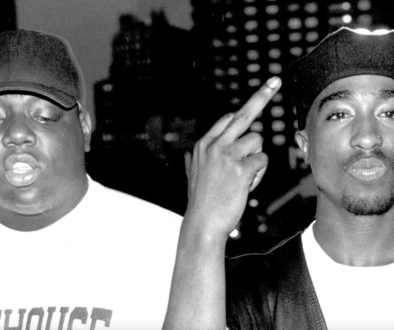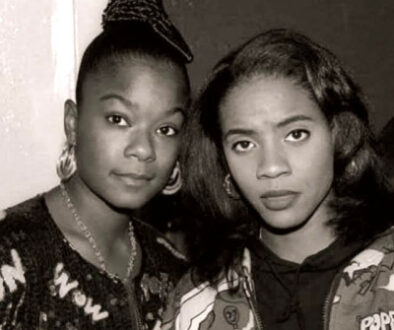Afrika Bambaataa: The Architect of Hip Hop Culture in the Bronx
In the late 1970s, the Bronx wasn’t just another borough of New York City; it was the birthplace of a cultural revolution that would forever change the music world. As I reflect on the origins of hip hop, I’m reminded of the resilience and creativity that emerged from a community facing adversity. This is my take on how hip hop began and why its roots are so vital to understanding the genre today.
The socio-economic landscape of the Bronx in the 1970s was far from ideal. Economic decline, rampant poverty, and the construction of the Cross Bronx Expressway led to widespread urban decay. Buildings were abandoned, and crime rates soared. Yet, out of this hardship, a new form of expression was born. The youth of the Bronx, tired of the bleak surroundings and limited opportunities, began to channel their energy into something transformative—hip hop.
Block parties were the epicenter of early hip hop culture. These gatherings provided a safe space for young people to express themselves, dance, and enjoy music. DJ Kool Herc’s parties were particularly influential, as they brought together diverse groups and fostered a sense of community and creativity.
When discussing the birth of hip hop, it’s impossible to overlook the monumental influence of Afrika Bambaataa. As one of the key figures in the movement, Bambaataa’s contributions to hip hop culture in the Bronx laid the foundation for what would become a global phenomenon. His innovative vision, leadership, and commitment to social change were instrumental in shaping the early days of hip hop and establishing its cultural significance.
Afrika Bambaataa’s journey from gang leader to cultural visionary is a testament to his ability to harness the power of music for positive change. As a former leader of the Black Spades gang, Bambaataa witnessed firsthand the violence and chaos that pervaded the Bronx. However, a trip to Africa, where he learned about the Zulu tribes, inspired him to pursue a different path.
Upon returning to the Bronx, Bambaataa founded the Universal Zulu Nation in 1973. This organization aimed to use hip hop culture as a means to promote peace, unity, and social awareness. Through the Zulu Nation, Bambaataa encouraged young people to channel their energy into creative outlets rather than gang violence.
Afrika Bambaataa’s influence on hip hop is multifaceted, but his contributions as a DJ and promoter were particularly significant. He was instrumental in developing the art of DJing, using his extensive record collection to create unique soundscapes that captivated audiences. Bambaataa’s legendary parties, such as those held at the Bronx River Community Center, became the breeding ground for hip hop culture.
Bambaataa’s innovation extended to breakdancing, an integral element of hip hop. He fostered a competitive yet collaborative environment where dancers could showcase their skills and creativity. The breakdancing battles that took place at his events were not just entertainment; they were a form of expression and identity for the youth of the Bronx.
One of Bambaataa’s most significant contributions to hip hop was his fusion of electronic music with traditional hip hop beats. His seminal track, “Planet Rock,” released in 1982, is a prime example of this innovative approach. The song’s use of the Roland TR-808 drum machine and its incorporation of Kraftwerk’s “Trans-Europe Express” helped pioneer the electro-funk genre, pushing the boundaries of hip hop and influencing countless artists.
Afrika Bambaataa’s impact on hip hop extends beyond his musical innovations. The values he promoted through the Universal Zulu Nation—peace, love, unity, and having fun—became core tenets of hip hop culture. Bambaataa’s vision of hip hop as a force for social change and empowerment continues to resonate today.
Through his efforts, Bambaataa helped transform hip hop from a local phenomenon into a global movement. His legacy is evident in the continued relevance of hip hop culture and its ability to bring people together across racial, social, and geographic boundaries.
Afrika Bambaataa’s influence on the birth of hip hop in the Bronx cannot be overstated. His visionary leadership, innovative musical contributions, and commitment to using hip hop as a tool for positive change were crucial in shaping the culture we know today.
As we continue our series, “Resurrecting Realness: The Rise, Fall, and Revival of Hip Hop,” we will delve deeper into the stories and figures that have made hip hop an enduring cultural force.



